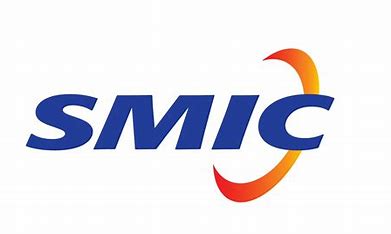During a recent congressional hearing, Alan Estevez, a senior Commerce Department official, shed light on potential violations of U.S. export regulations by China’s Semiconductor Manufacturing International Corporation (SMIC). Estevez, responsible for overseeing export policy, responded to inquiries from Congressman Michael McCaul regarding SMIC’s involvement in producing a chip for Huawei’s Mate 60 Pro phone. Estevez’s acknowledgment that SMIC may have breached U.S. export rules raised concerns about the company’s actions and their implications for U.S.-China trade relations.
The scrutiny surrounding SMIC’s activities intensified following the launch of Huawei’s Mate 60 Pro, which featured a sophisticated chip reportedly manufactured by SMIC. This development drew attention to China’s growing prowess in semiconductor technology, despite ongoing efforts by the U.S. government to restrict its access to advanced chip manufacturing capabilities. The Mate 60 Pro’s chip was hailed as a symbol of China’s technological resurgence, amplifying concerns in Washington about China’s strategic ambitions in the semiconductor industry.
In response to the Mate 60 Pro’s unveiling, the Biden administration initiated a review to ascertain the specifics of the chip and its production process. Estevez refrained from divulging details of any ongoing investigations but acknowledged shared concerns within the Commerce Department regarding SMIC’s use of American tools in producing the chip. This revelation underscores the complexity of U.S.-China relations, particularly in the context of technology and trade.
The situation surrounding SMIC and Huawei highlights the delicate balance between economic interests, national security considerations, and geopolitical tensions. As the U.S. government navigates these complexities, stakeholders in the semiconductor industry and beyond await further developments and potential actions from the Biden administration. The outcome of this scrutiny could have significant implications for the global semiconductor supply chain and broader U.S.-China relations.
